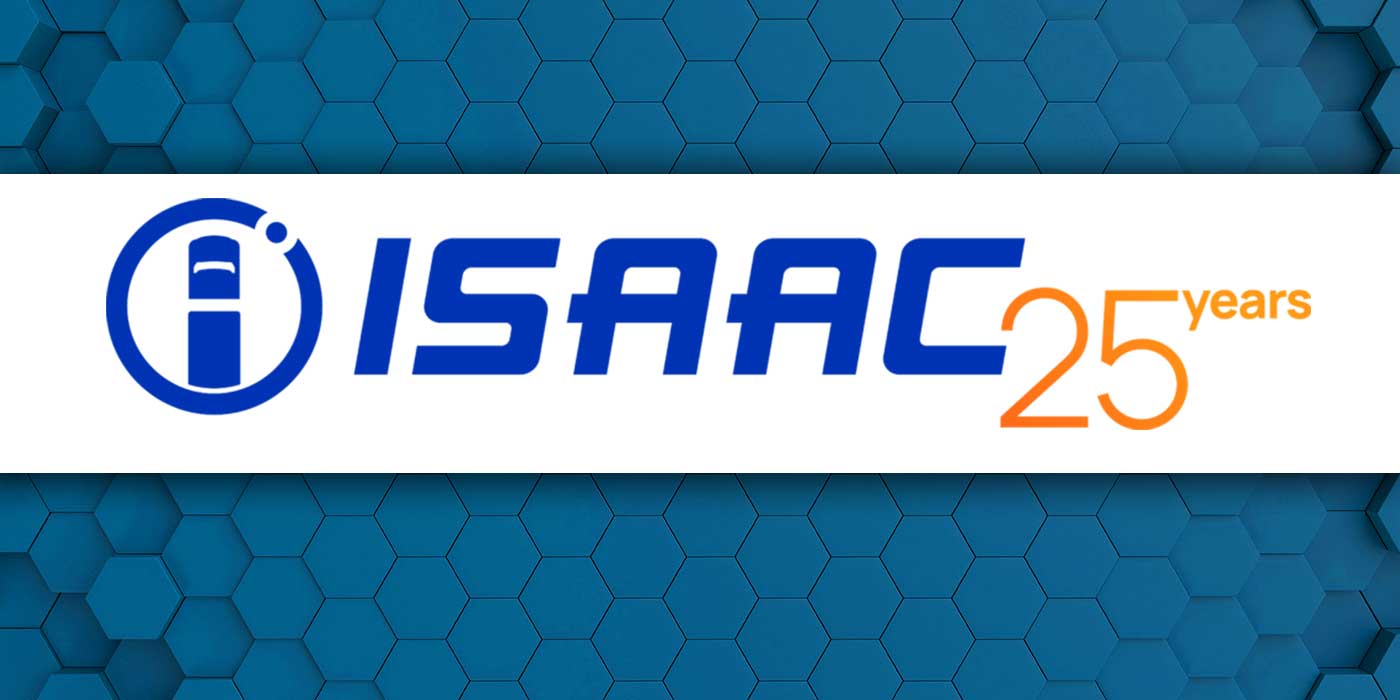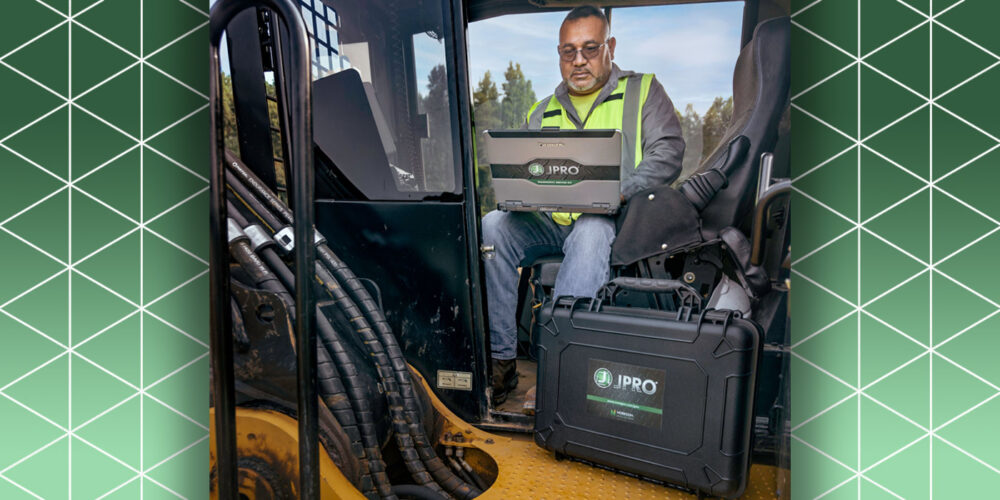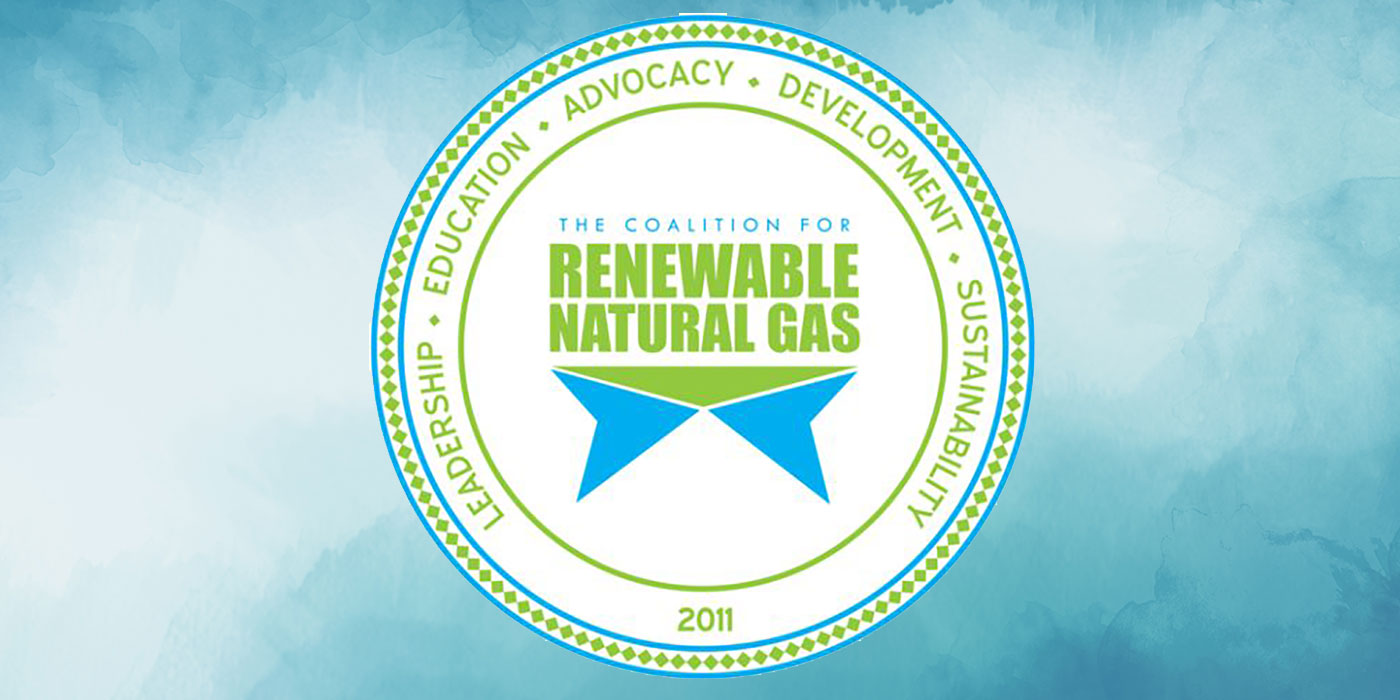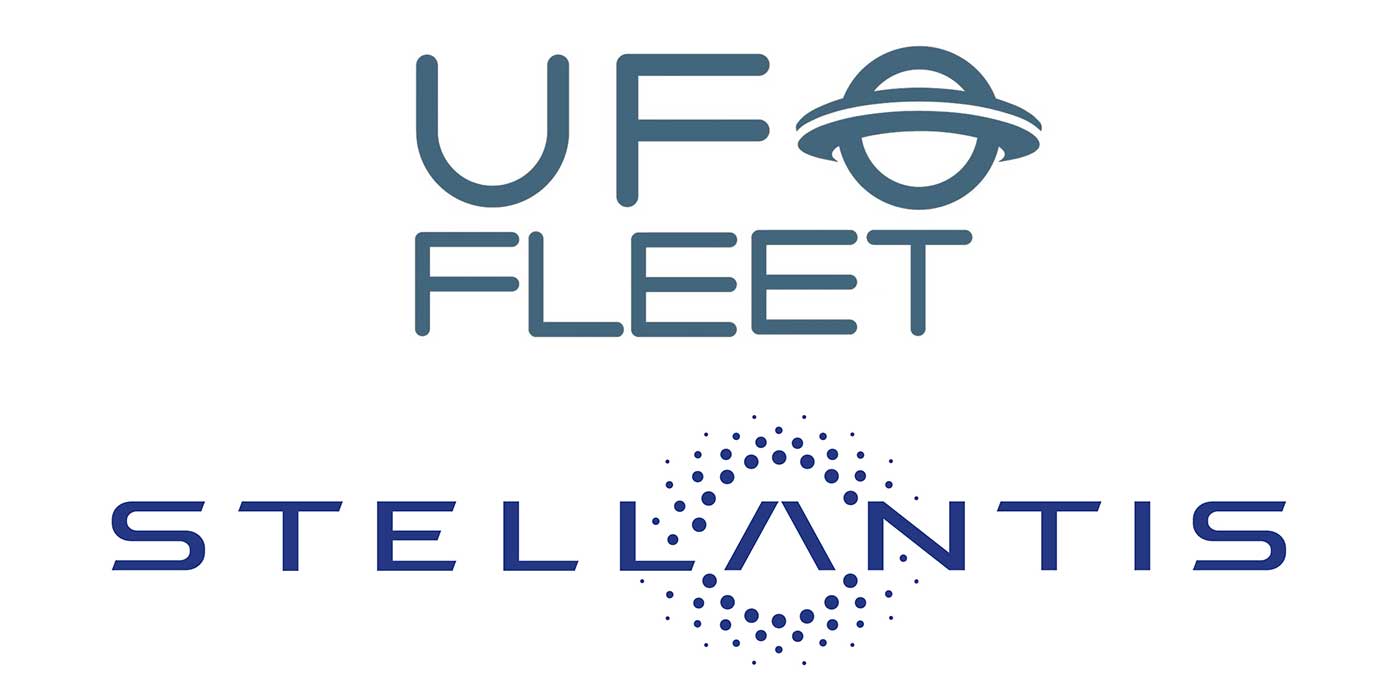Three things are certain when it comes to a recession:
- There will always be another
- Now is the best time to prepare for the next downturn
- Investing in sustainability data and strategies are the best ways to protect your bottom line during one
Fleet operators who implement sustainability strategies can use timely, accurate forecasts to maintain safe and efficient operations during and following a recession. As a result, you can prevent unscheduled vehicle downtime, increase a fleet’s fuel efficiency and improve compliance with emissions regulations, ultimately keeping or putting more money into your pocket.
Research has indicated that the moves companies make now could account for a significant difference in returns between leading and lagging fleet companies over the next business cycle. Hence, it’s critical for operators to make wise next steps. Review the four points below to learn how sustainability strategies can help keep costs in line with service levels during the recession.
The importance of a comprehensive data set
Fleet operators who don’t monitor comprehensive sustainability data could inadvertently drive up maintenance costs and a vehicle’s travel time and distance, costing them time, resources and money. Having an efficient and effective strategy is imperative when budgets are already tight.
Fortunately, there are waste management and recycling companies that can help brands identify cost savings by finding opportunities to reduce operating expenses. By understanding how much waste and emissions your fleet produces, you can find efficiencies that help you save resources in the long run.
Unfortunately, about 68% of the data available to enterprises go unused, according to a Seagate Technology survey. Now is the time to start accessing and understanding your data.
Eliminating risk with quality, comprehensive data
There are a few major risks for fleet operators that sustainability data can help avoid.
- Eliminate unavoidable maintenance issues and downtime: Sustainability data tracking gives operators better insight into their fleet’s maintenance needs. For example, breakdowns that more routine maintenance check-ups could have avoided can cause significant productivity loss. Keeping an eye on the vehicle’s mileage and repair output as part of your sustainability strategy helps you better predict and prevent vehicle downtime before it happens.
- Avoid costly replacements – replacing before maintenance expenses exceed their value: It’s conventional thinking to cycle out vehicles that hit a certain mileage, but there are many factors to consider. Depending on the makes, models and overall use, some vehicles can last longer than others; however, this is something operators wouldn’t know without the proper data. Better monitoring can ensure you’re not replacing a vehicle before its profitability has expired.
- Ensure safety: Keeping fleet in tip-top shape can also help operators keep their drivers, passengers and other vehicles on the road safe and help the organization avoid legal risks.
Fine-tuning your sustainability strategy and making strategic investments in data and reporting can reduce your company’s exposure to risk. If your team is already in the habit of cost savings and efficiency throughout the recession, you’ll be better equipped to hit the ground running when the economy starts to recover.
Using a sustainability strategy to improve efficiency and gain a competitive edge
The fleet industry is competitive, and organizations are constantly adapting strategies to keep up with investor, customer, government and public expectations. Developing a robust and effective sustainability strategy will give you a competitive edge during an economic downturn.
When data is used to cycle out aging vehicles at the right time and remove weak links, other fleets on the road will pale in comparison to your well-oiled operations. This will help your brand stand out and keep your head above water during a recession.
Additionally, the resources saved in this process open more opportunities to pivot your focus toward business improvements. Let’s face it: weathering a recession is better in a planned environment.
Prepare for post-recession growth: Accelerate out of an economic crater
When the clouds part and your sustainability strategy is in place, fleet operators can:
- Prepare for production to ramp up without as many vehicle breakdowns causing delays.
- Source new suppliers that will help them save even more because they’ll already have a comprehensive view of their business and what operations work best.
- Separate costs that should be cut from ones that are essential. A sustainability strategy helps establish an agile culture, allowing operators to act with precision and know the difference between cutting fat and bone.
Investing in sustainability will ensure the money spent leads to actual results. Better eyes fixed on the ins and outs of your business can be a dam that keeps the roaring waters of recession at bay. When you can rely on your resources to run efficiently and reliably, you can get ahead of the competition and weather tough times – perhaps coming out even stronger than before.
Ray Hatch is president and chief executive officer of Quest Resource Management Group, a national provider of waste and recycling services that enable businesses to achieve and satisfy their environmental and sustainability goals and responsibilities.













